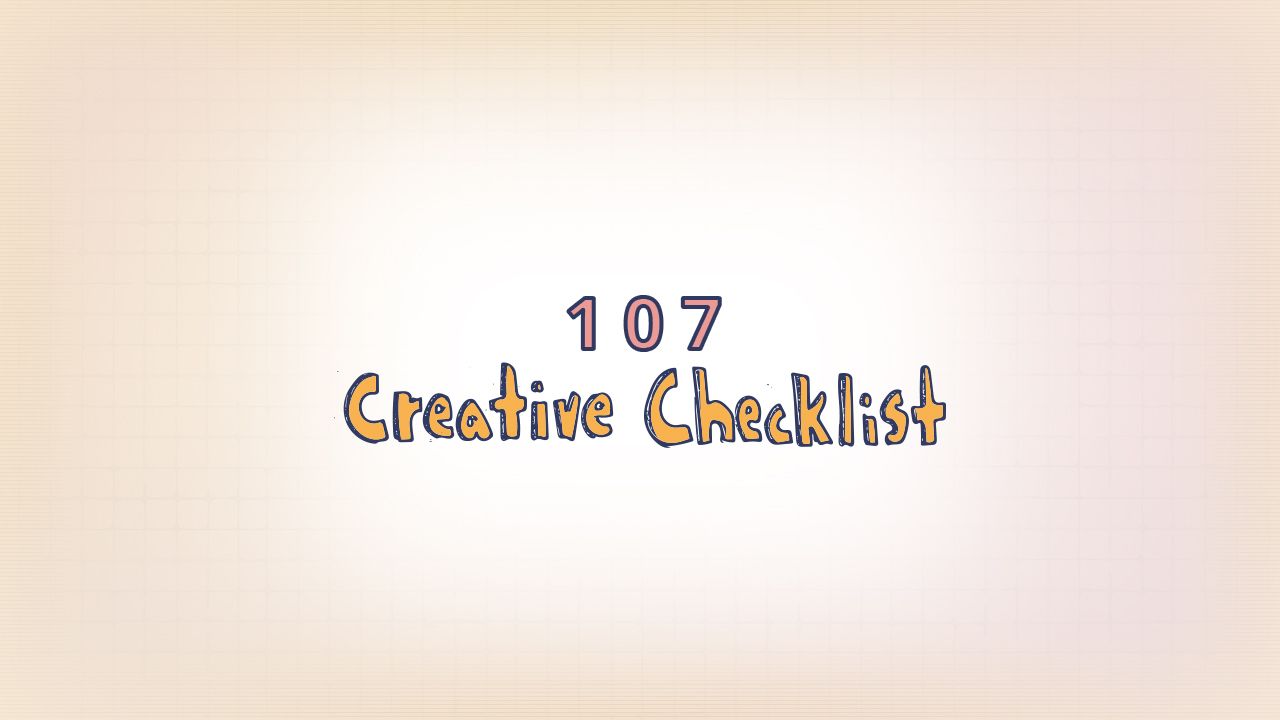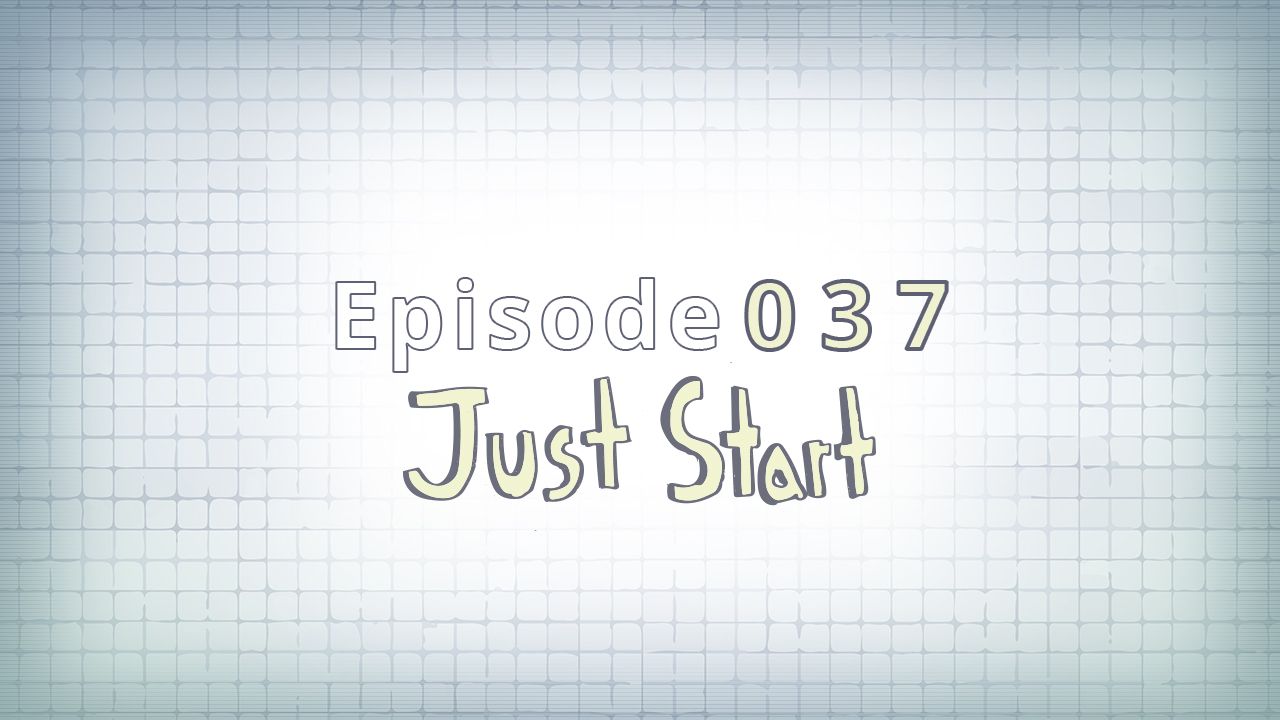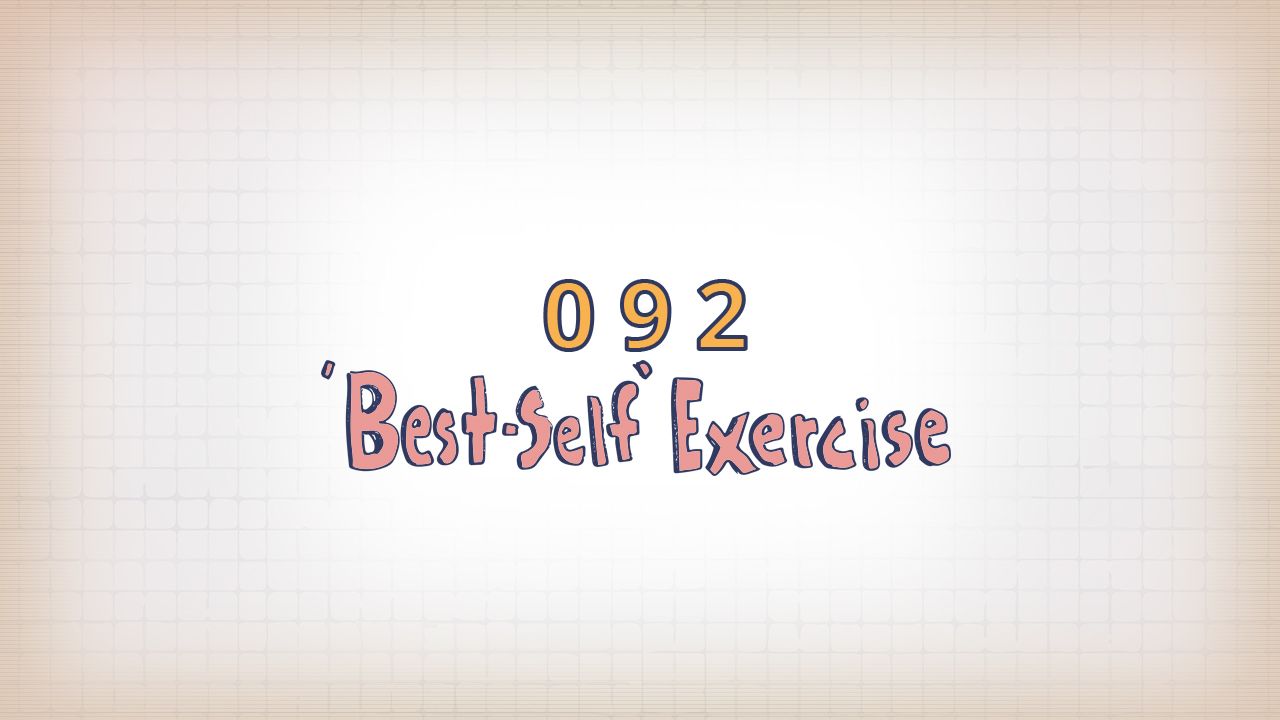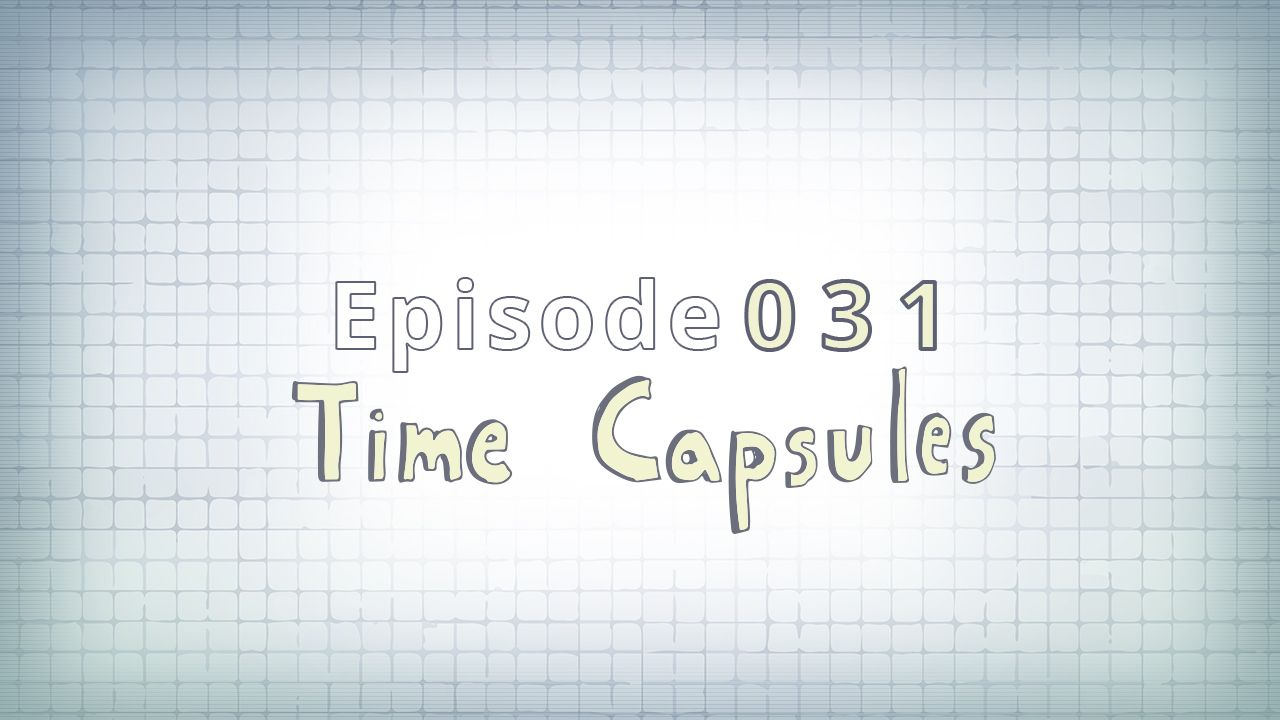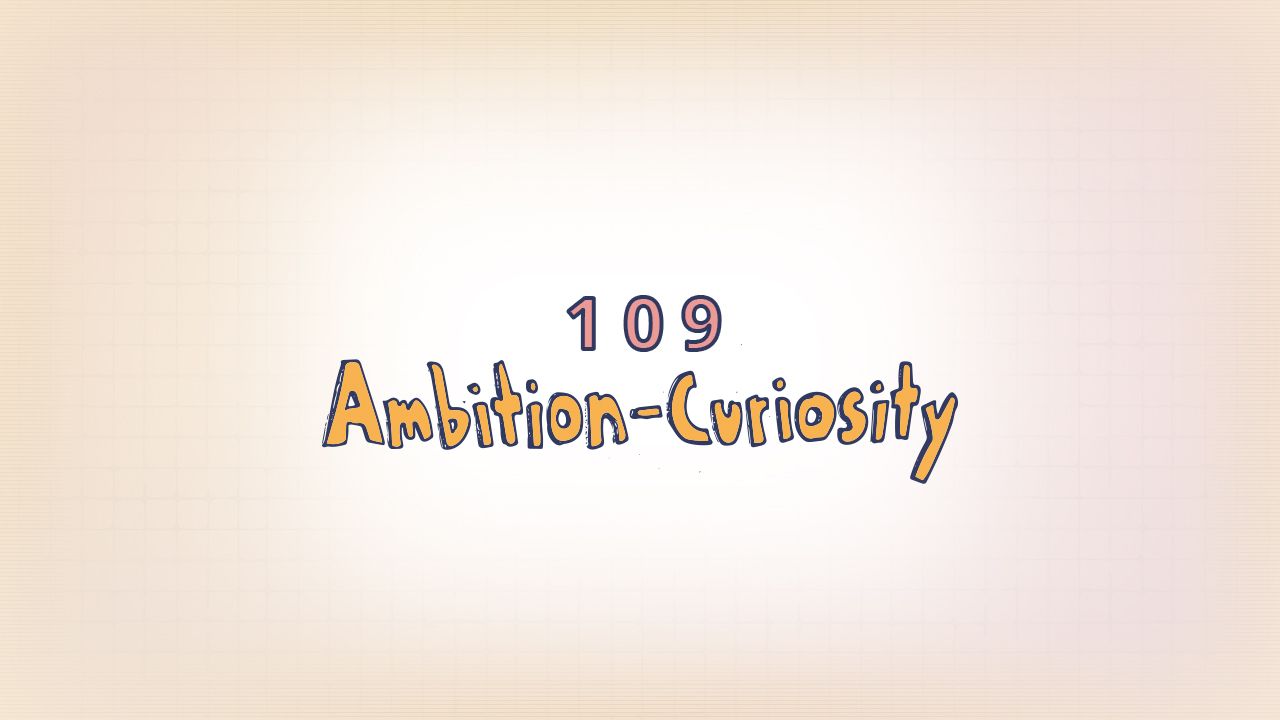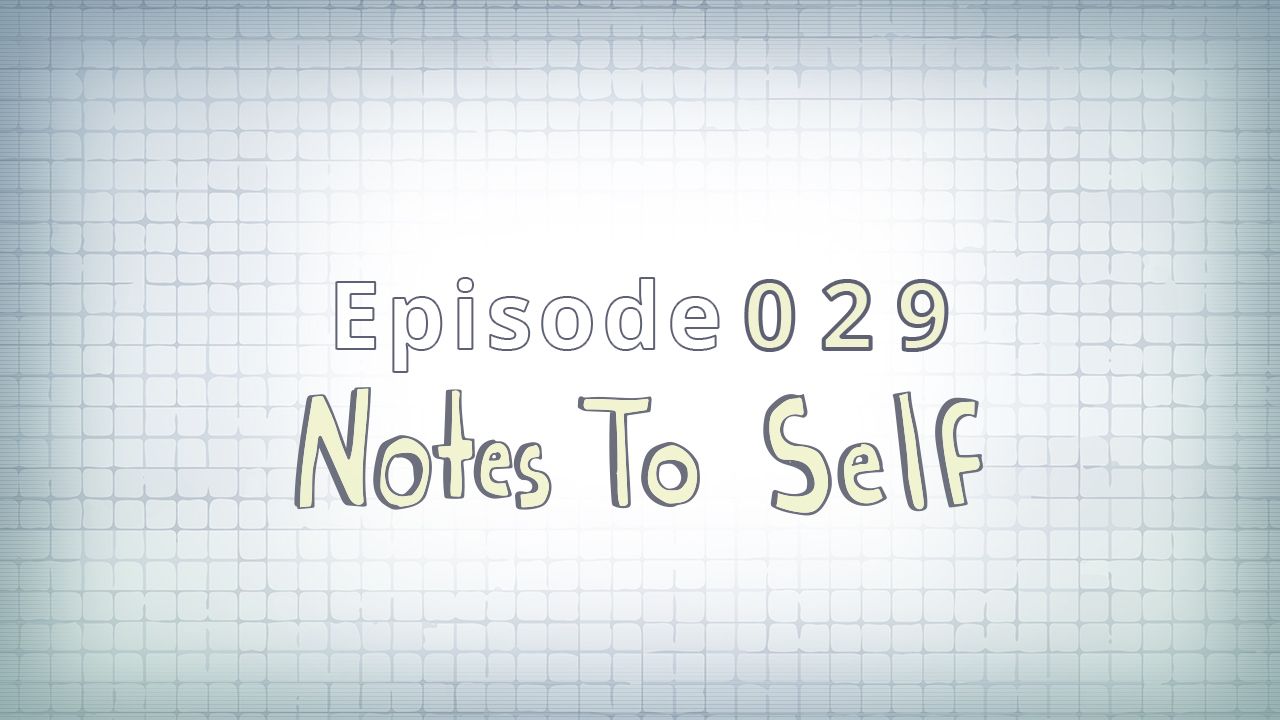113: Erica Interview (II)
A conversation with Erica Zendell (2/2).
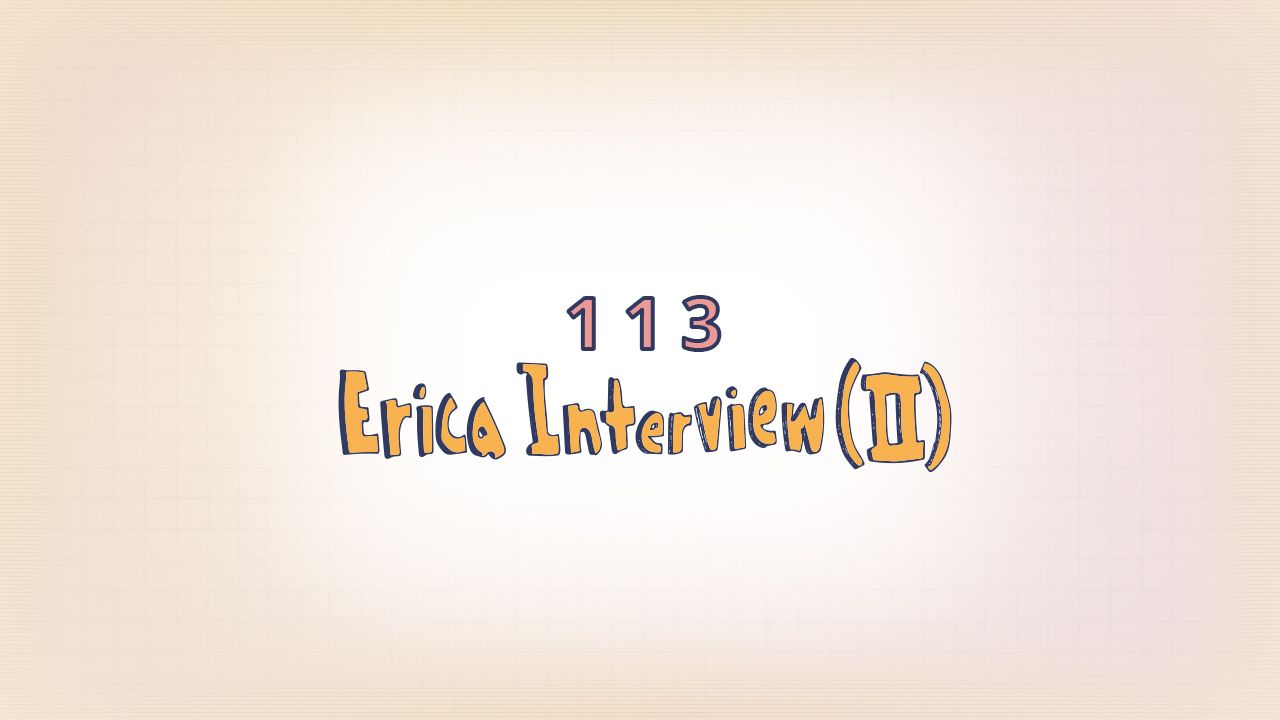
Part 2 of my conversation with Erica Zendell.
If you missed the first part
start there first 👇
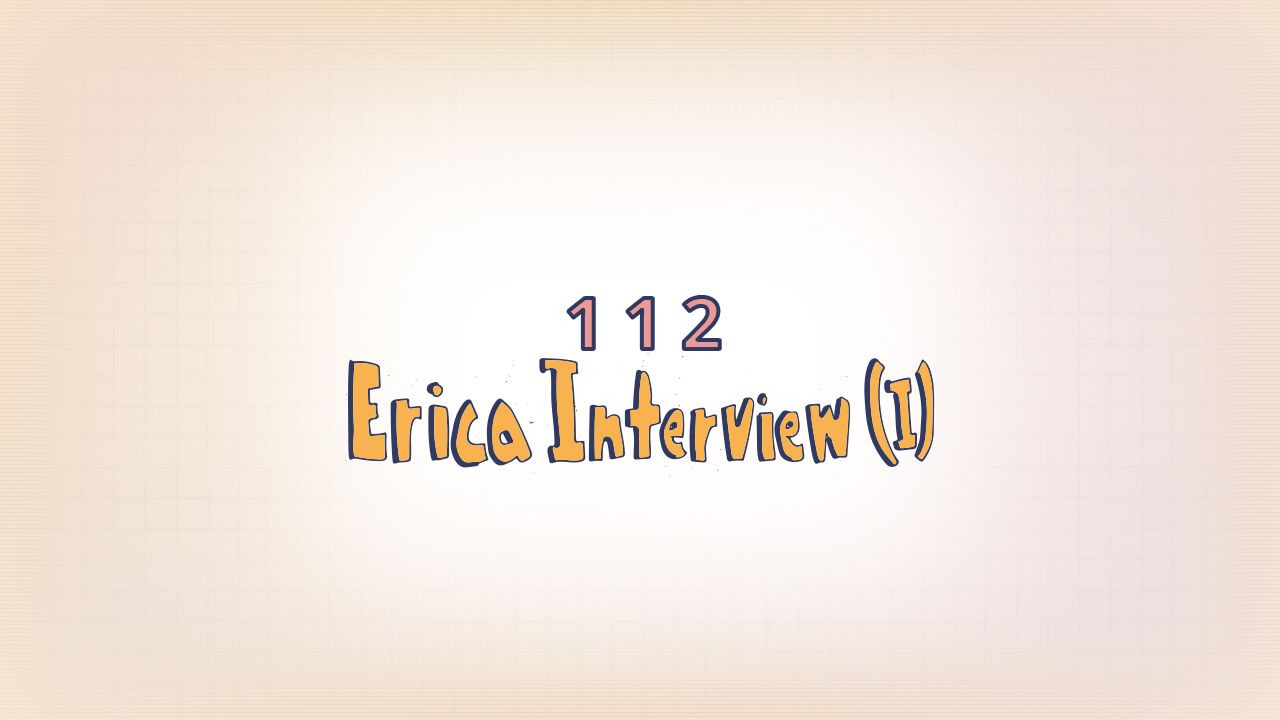
Below, we discuss routines, inspiration, her writing process, and "creative checklists".
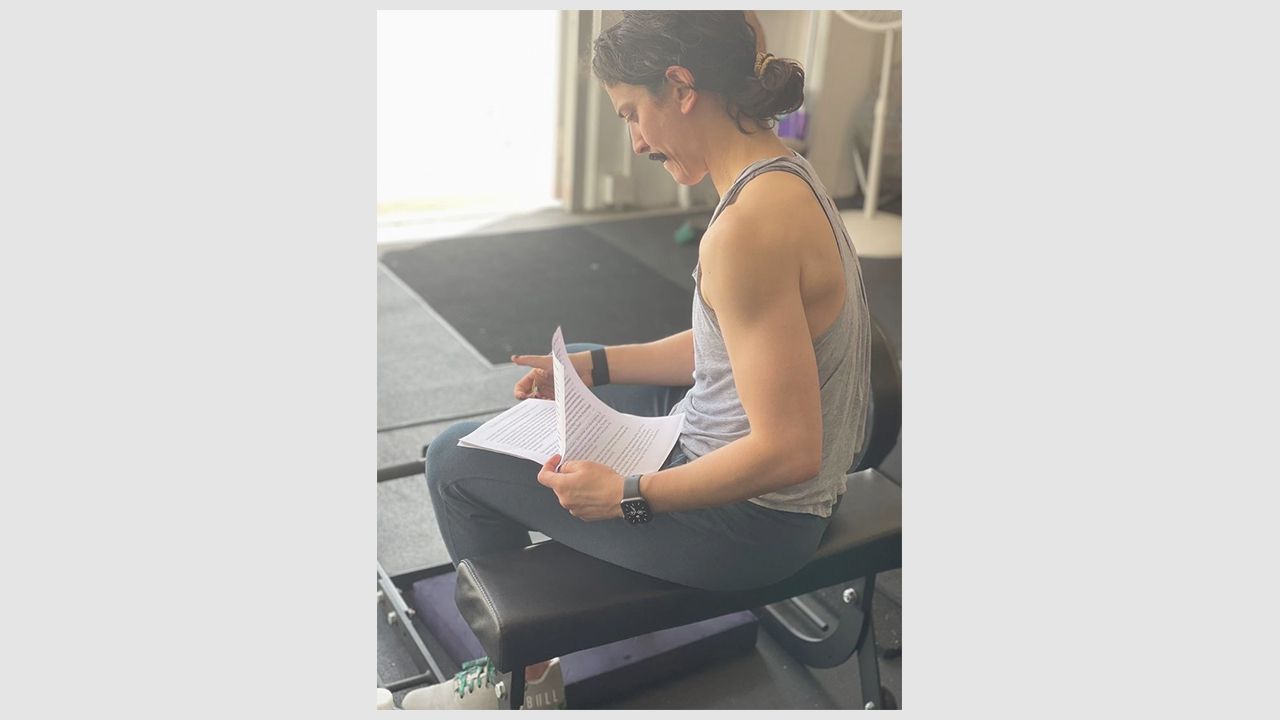
Jeremy ▸ What inspires you?
Erica ▸ The work of Mary Oliver (The Journey). Ray Bradbury (The Rocket). Wright Thompson (Michael Jordan Has Not Left the Building, but literally anything he writes hits home). And E.B. White (Charlotte's Web).
Words I try to live by :
It is not often that someone comes along who is a true friend and a good writer. Charlotte was both.”
The art of writing is the easy thing to turn to for inspiration, but also any art that breaks my heart, lifts the spirit, and makes me feel alive. Certain lyricists accomplish this, too. Bruce Springsteen. Sia (specifically Some People Have Real Problems). Lately, Kendrick Lamar and J. Cole have been on heavy rotation.
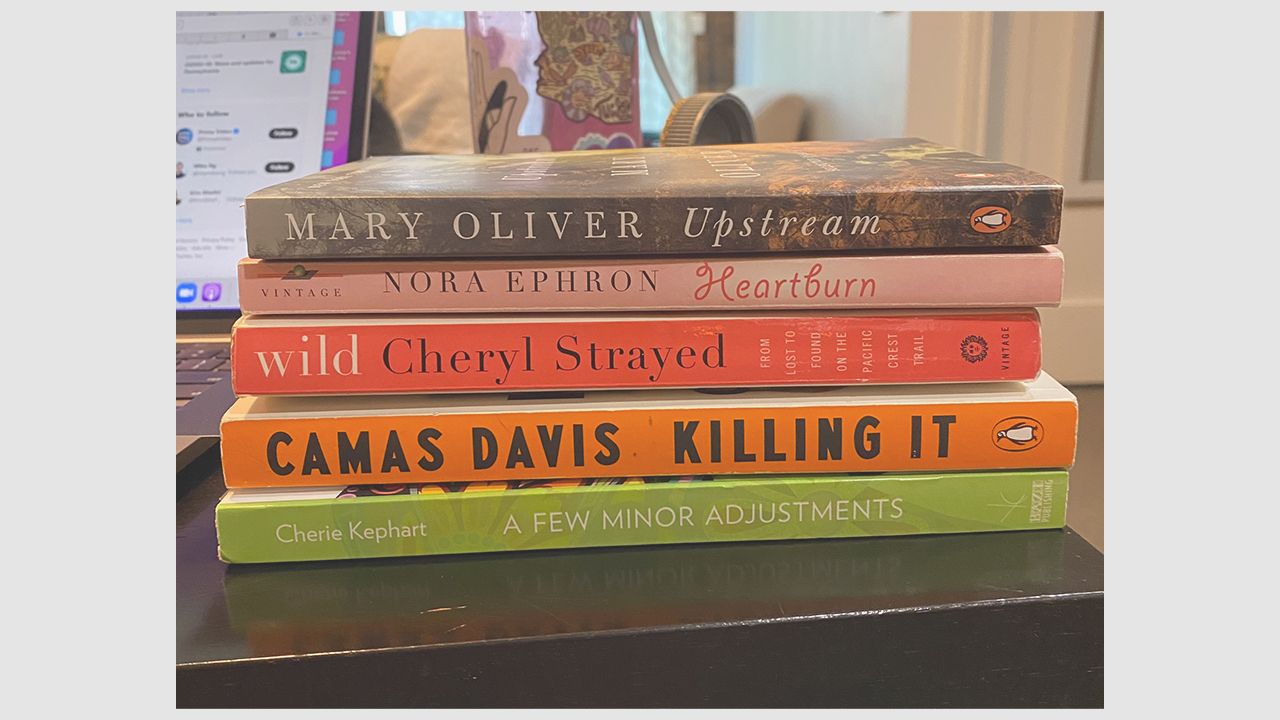
What does your "creative practice" look like these days?
Anything but "creative perfect".
My process has not evolved much. I drink my first +/- 200mg of caffeine in the morning, and hand myself over to the Muse.
Lies I tell myself about my creative practice:
It is a beautiful, Product Manager-style Agile sprint in which, after two weeks, I have a new, finished body of work shipped. It has gone from being in my brain to being on paper to being typed to being read by others to being revised to being praiseworthy (at least by me).
What my creative practice actually is:
- A hot mess of text messages, calendar reminders, voice notes, and post-its.
- Fat stacks of half-used notebooks of varying shapes and sizes in varying places.
- Multiple half-started books. On current rotation: Boomtown, The Gift of Fear, Killing it: An Education, A Few Minor Adjustments, The Cost of These Dreams, Consider This, Zorba the Greek, and The Sports Gene.
- At least four different digital programs (Scrivener, Google Docs, Gmail drafts, Apple Notes) to capture whatever I have in mind and at hand at the moment I’ve got the chance to write things down on a computer.
- No meaningful efforts to try to organize my thinking: No category structure, lots of single-sentence and single-paragraph documents and files, with no context and no judgment.
My creative process is a process of wandering in the dark and swimming in total mayhem. Somehow, after I middle through the muck for long enough, I pull out a single, luminous kernel of creative truth.
This experience feels like complete lunacy until I realize that this is not too different from the story of Genesis. If wandering in the dark until, eventually, proclaiming “Let there be light” is good enough for G-d in the all-time bestseller known as The Old Testament, then it should be good enough for me in trying to write a mere one-time bestseller.
(Is my childhood religious education and “nice Jewish girl” heritage showing yet?)
I do better with structure but haven’t figured out quite the right structure for my creative practice, in part, because I’ve been living in a new city every 2-6 months over the last year.
The closest thing to a consistent routine while traveling:
- Waking up at 6:30AM and going to bed around 11PM.
- Walking the dog at 7AM and 5PM.
- Training jiu-jitsu ~5x/week.
- Writing a page in two separate journals before I go to bed: A 5-year journal (I’ve been using these since 2016 and love them) and a standard journal. I write down a sentence-long summary of the day in the 5-year journal because it’s not particularly spacious, and use the standard journal to write a page-long (at minimum) recap of the day: what I did, what I thought, how I felt, salient moments and interactions etc. I’ve kept journals on and off throughout the years, and only became consistent when it comes to using a standard journal in the last year, because I wanted to make sure I had some consistent “field notes” and mementos to look back on from my cross-country road trip (which started in April 2021 and is expected to continue through Fall 2022).
Everything else, aside from the above, is fairly improvised.

What makes something good writing?
What makes a good writer?
Practice.
You know it when you see it.
Good writers - no matter the style - are truth-tellers.
You have a regular letter-writing practice.
Where did this come from?
I have no idea why it started, but I could tell you where it started: Outside the Princeton Public Library with a nineteenth birthday card written to “future me” for my twentieth birthday. I think I found some nice stationary at the Paper Source on Nassau Street, thought, why do my pen pals get to have all the fun with nice cards? and then wrote one for myself.
I think it also comes from a bit of parental influence, in two parts:
My mom and grandma always sent me cards, and, when no one else in my life did, I wanted to make sure I at least had one from myself to look forward to.
My dad never wrote me cards - my mom signed cards to me on his behalf, “Love mom and dad”. He never read my essays, even though he absorbed mountains of newspaper.
But he did read my cards, sent to spec on his birthday and on Father’s Day. He framed them alongside memorable photographs in the downstairs hallway.
My dad was a callous guy, but there was a heart in there. Long before they had to cut his chest open, twice, to replace its valves. Long before that heart stopped beating. I just didn’t see it much between the ages of 8 and 28. The cards are what prove it to me now.

What writing advice would you give to your past-self?
I had a stint in some 12 step meetings a while back when I was having a hard time.
One guy said something that I will always remember:
Keep coming. Always resume.”
Don’t silence yourself out of thinking you’ve got nothing to say or what you have to say is stupid and not worth shooting into the void.
Everyone has a story worth telling. That includes you. Even if you’re just shouting it into the void. If one person hears what you have to say, at just the right time, it will have been worth it.
What else should I add to my Creative Checklist?
Philip Roth’s quote :
The road to hell is paved with works in progress.”
It’s okay to leave some things unfinished, but don’t die in the hellfire of incompletion.
Also, something reminiscent of my experience in BJJ competition: You need to delude yourself into thinking everyone wants to beat you and outwork you and you should be trying your damned hardest until closer to game day. That’s what you need at the beginning of a draft - pure grit, determination, and grind.
The closer you get to game day, you need to have a level of self-deluding confidence and belief in invincibility and unstoppable-ness. Creation-wise, you need to get to the point of believing your work is excellent, unassailable, must be in the world, and will win over readers or viewers etc.
But once you’ve hit send or step up to the mat, you have to accept your preparation and work for what it was: Become divorced from the outcome, and take pride in your journey to the finished product.
If it wins, it wins. Regardless, onto the next.
Learn from the loss or build on the win (or winning elements).
We hope you enjoyed the conversation.
Follow the journey 📬
Subscribe to her newsletter
Instagram / Twitter / Website
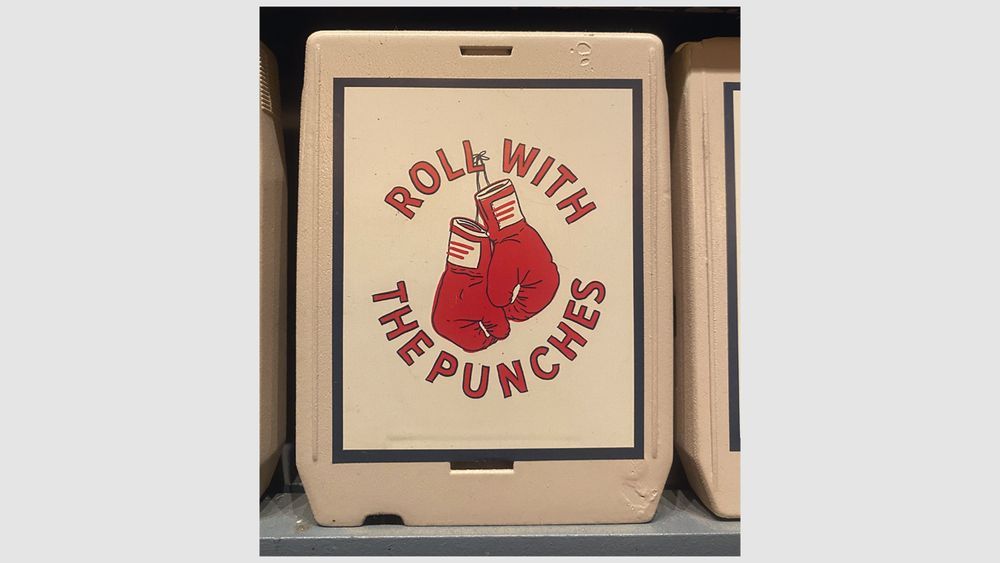
Did you miss Part I?

Related :
